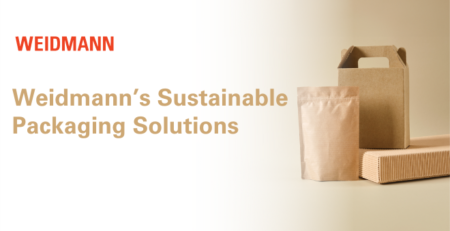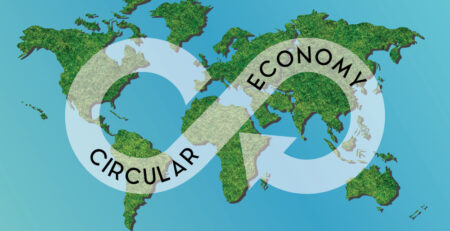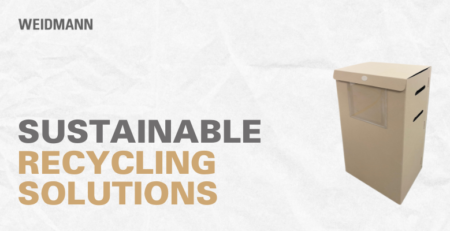Paper And Board – A Positive Step Towards Sustainable Development
Growing opportunities for wood-based products to replace plastics have been evolving across many industries. More recently, global communities have seen forest products playing a crucial role during the Covid-19 pandemic, with an increase in the supply of tissue products in the health and hygiene sector, including anti-bacterial wipes and facemasks.
Will we see a future without foam cups, plastic containers, and other products manufactured from single-use materials? Paper products are undoubtedly a viable substitute in tackling the global environmental problem of plastic dominance contributing to pollution. But can paper really win over its increasingly unpopular plastic alternative? Especially when it comes to weight, cost, insulation properties, and, last but not least ability to recycle.
Changes in consumer behavior, as more people work from home and demand for online shopping increases, are significantly impacting product innovation trends, e.g., lightweight, healthier materials. As a result, product innovation will inevitably include using new materials, altering production processes, and incorporating more recycled and hybrid paper options.
Some may argue that wood-based products may not be compared to or meet some of the key properties of plastic and its versatility of applications. However, we can see that evolving and existing board and paper-making technologies can deliver outstanding properties in terms of performance. It can also be reused, recycled (upcycled), and used in other paper applications or good enough to be minimally re-processed and become a substrate for another product.
According to the April 2022 McKinsey’s Paper, Forest Products and Packaging Practice, “Going forward, forest products are emerging as real alternatives to help address sustainability challenges in textiles, building materials, and packaging.”
Since paper and board are produced from renewable sources, they are inherently recyclable, biodegradable, and relatively low-cost. These benefits, coupled with the endless application options, mean that paper and board products are a positive step towards sustainable development and environmental protection.
Here at Weidmann, we have been working on some exciting projects, and we can’t wait to share them with you! We will showcase our products and how we are committed to extending materials and product life cycles, upcycling the fibers, and making our materials truly circular.
Weidmann specializes in producing cellulose-based pressboard and papers and can use its extensive knowledge of paper materials to make high quality products for various applications and industries.
We are committed to technical progress and innovation thanks to state-of-the-art diverse laboratory equipment and a global team of skilled engineers. Our research and development projects reflect changes and pressures on the industry to develop alternative paper and board solutions. We are constantly looking into material innovation to extend product lifecycle, enhance its versatility without sacrificing material performance.





